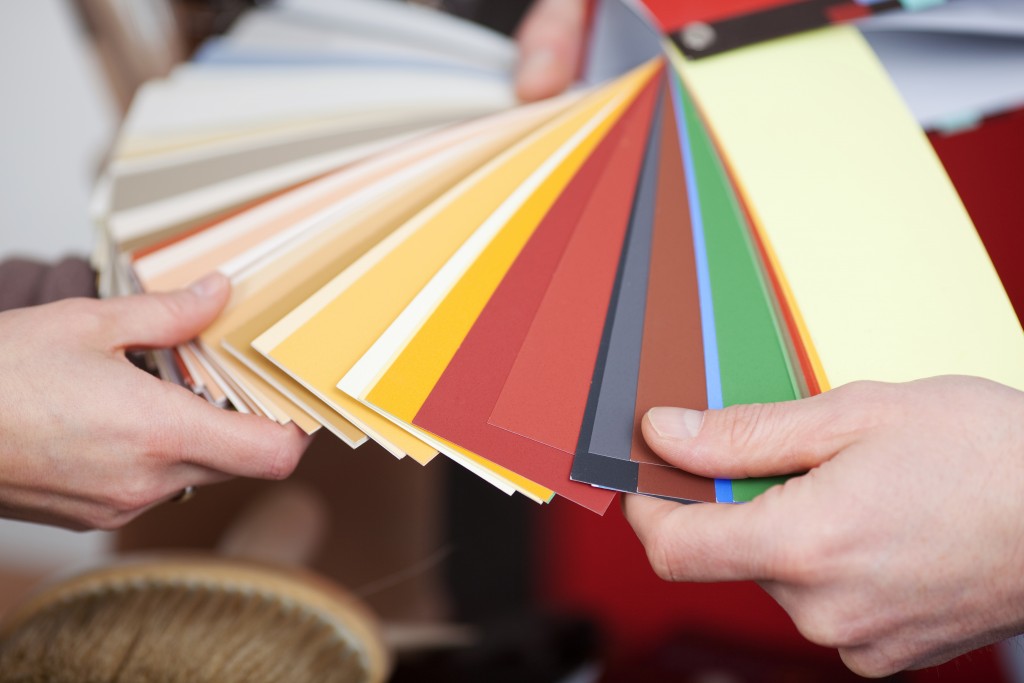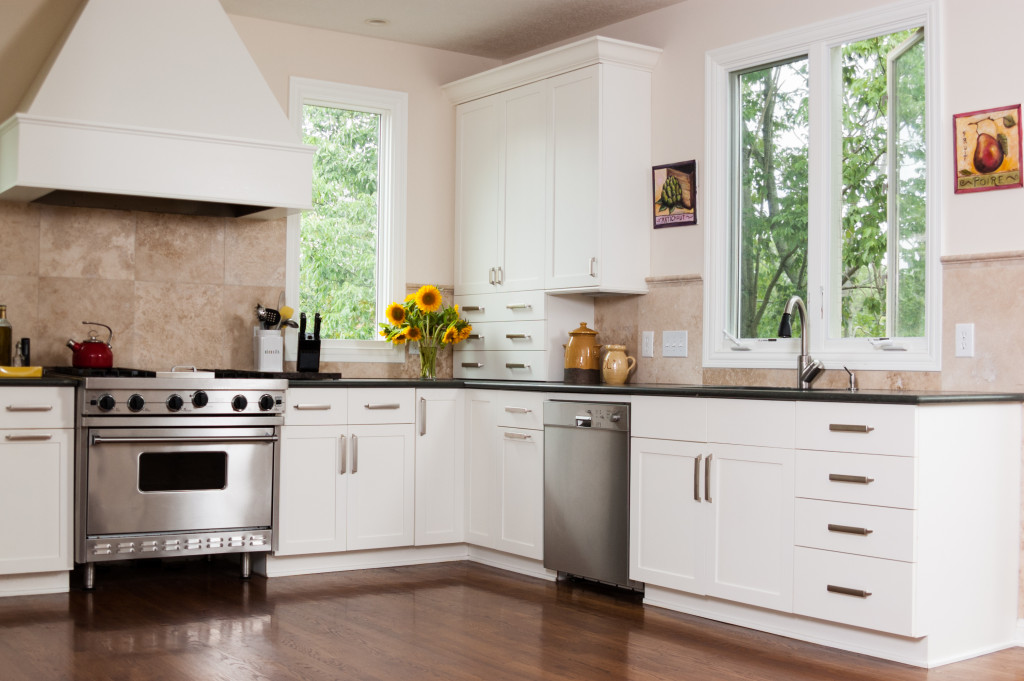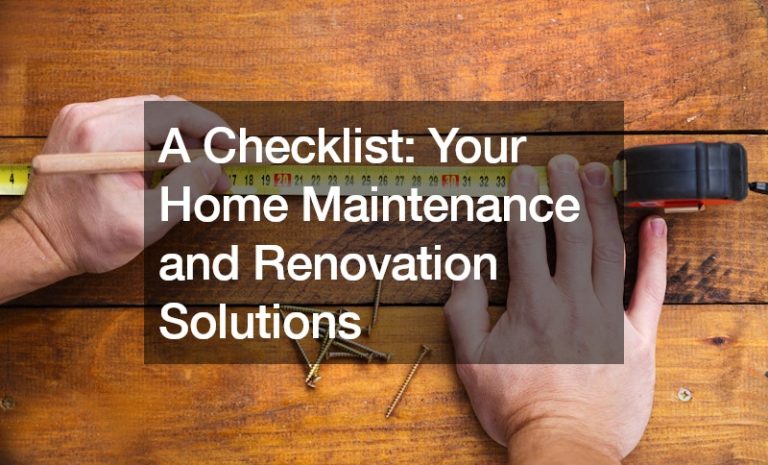Boiler and furnace-related issues can be a significant inconvenience in your home. They need regular maintenance, but that also means the costs add up over time. If you’re looking for an affordable way to keep your furnace in good running condition, this guide is for you.
And if you cannot undo the damage done to your boiler or furnace, you’ll learn what you should know before buying new heating equipment. Furthermore, you’ll know how to get the most out of your new system when it’s installed. You’ll also learn some tips on maintaining your system so it lasts as long as possible.
What Is a Boiler?
A boiler is an enclosed tank that creates steam through heat transfer. The steam then goes on to heat water before it’s distributed to other parts of the building for use in showers, sinks, and other appliances that require hot water.
Modern boilers are a lot more energy efficient than their predecessors. They can also generate heat more quickly and to a specific temperature, unlike older boilers that would take a long time to get hot enough for use.
What Is a Furnace?
A furnace is an enclosed system that heats air through combustion before distributing it throughout the building. This heated air then warms objects in the building, such as furniture and people. You can use gas, oil, or coal to power a furnace.

Simple System Maintenance
Before you replace your heating equipment, there are a few simple things you can do to improve the performance of your system. Here are some quick tips on how to maximize the benefits from your boiler or furnace:
- Inspect all the moving parts of your system: If you notice any damage, it’s best to have a technician check the equipment for you.
- Check for signs of cracks or corrosion: Rust comes when your system is exposed to air and moisture. Corrosion can mean cracks in your system, which will eventually affect your system’s performance. For signs of corrosion, you might need to apply a coating to your boiler or furnace. Industrial tank coatings might be overkill but an ideal option to keep your system free from corrosion for a long time.
- Keep all vents and grates clear from obstructions: This will allow heated air to get where it needs to go without issue.
- Use floor protectors: Floor protectors under your furniture and appliances can help prevent them from damaging your floors.
Replacing Your Equipment
If you’re still having issues with the performance of your heating system, it may be time to replace it. Before you make a purchase, there are a few essential things to consider when buying new equipment:
- The size of your current systems: If your system is too small, you’ll spend more money on heating bills. But if it’s too large, you may overpay for equipment.
- The type of fuel the new system will use: Gas-powered units are usually less expensive to run than oil or coal units. However, some homes don’t have gas lines, making an oil unit a better choice. If you’re looking to switch from oil or coal, check with your supplier first to make sure there aren’t any changes in its fuel prices before making a purchase.
- Brand: The brand of the equipment determines how good it is. Although a more expensive model isn’t always better than a cheaper model, the brand should significantly influence your decision. And if you’re looking for an affordable option, look for brands with good reviews and consider hiring someone to install it so you don’t have any issues afterward.
- Fuel efficiency rating: The fuel efficiency rating will tell you how much energy your system consumes compared to other models on the market. The higher the number, the more efficient it is.
- Features: For gas units, you’ll want to look for models with electronic ignition. For oil units, you may want to consider having a power vent fan installed that will distribute heated air better than your current system does (although this means paying more money).
- Reputable company: Make sure the new system you’re purchasing has a warranty. And if possible, hire a reputable company to install it for you so you don’t have any issues with the equipment later on.
As much as you want to keep your old system and avoid the cost of buying and installing a new system, you’ll be better off with a new system. If you’re looking to replace your heating system, you must consider the size of your current systems and the type of fuel. You’ll also want to think about what features are most important for a new system before purchasing. And lastly, make sure any company installing this equipment is reputable so you don’t have any issues with the device later.






